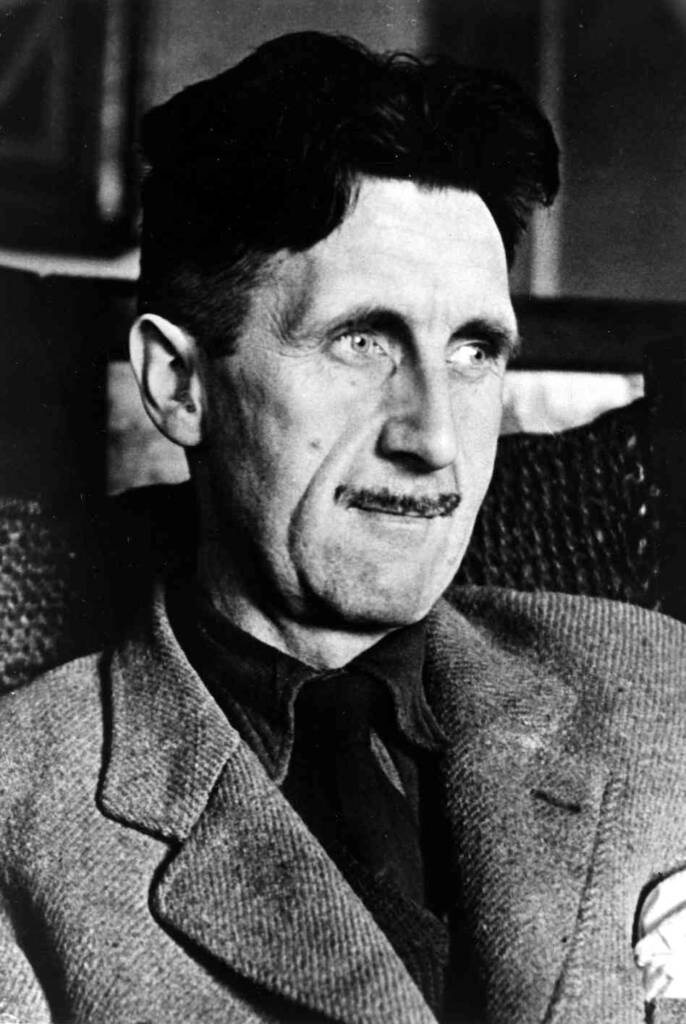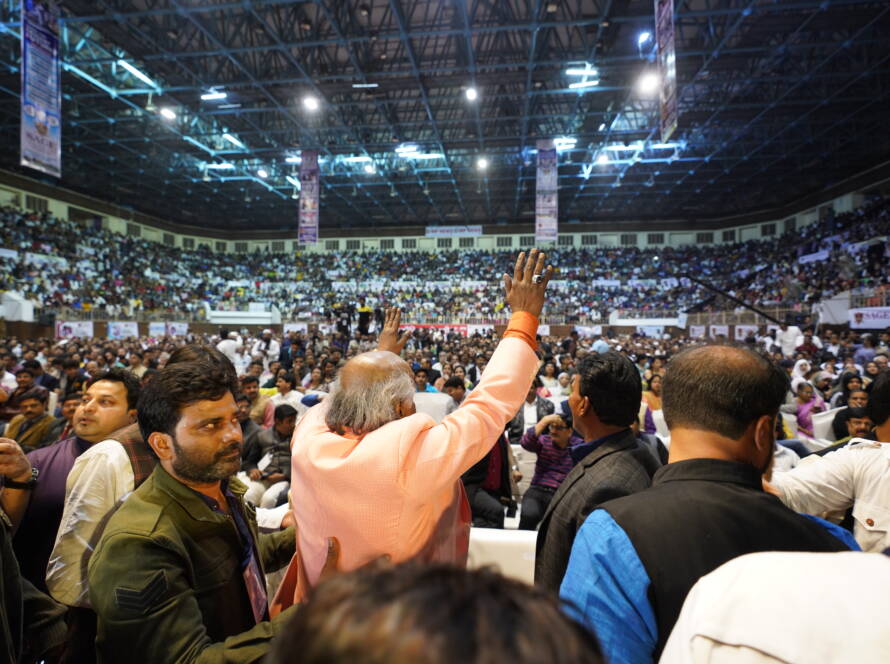“In a time of universal deceit, telling the truth is a revolutionary act.”
This was a time when the shadows of war loomed over Europe. The very definition of democracy was under threat, and the freedom to speak was slowly being rebranded as ‘treason.’ In such an atmosphere, for any writer to write against the establishment was almost suicidal. But this writer not only chose to write—he chose to reveal what was being deliberately hidden. He imagined a world—a world where every citizen was watched 24 hours a day, where thinking itself was a crime, where the government decided what you should remember and what you must forget. The name of that book was “1984,” and it wasn’t just a novel—it was a warning. His other equally powerful work, “Animal Farm,” may at first appear to be a fairy tale for children, but in truth, it is a scathing critique of power, revolution, and betrayal. In this short allegory, he used animals to depict the greed, authoritarianism, and moral collapse of humans in a way that was both profound and disturbing. That writer was Eric Arthur Blair, known to the world as George Orwell.
Orwell was born on 25th June 1903 in Motihari, a small town in the Indian state of Bihar, as his father was serving in the British administration. Although his family later moved to England, the fact that he was born in colonial India left a deep and lasting impression on his thinking. Orwell later served as a British police officer in Burma (now Myanmar), but the colonial brutality he witnessed there deeply disturbed him. So much so that he resigned from his position and turned to writing, transforming personal experience into literary truth.

Why Does Orwell’s Writing Still Matter Today?
For Orwell, literature was not merely a medium of aesthetics. He famously said, “All art is propaganda.” Writing, for him, was a moral responsibility. At a time when the world was grappling with war, racial divisions, capitalism, and fascism, Orwell used his essays, journalism, and fiction to expose the true nature of power. He wrote not to entertain, but to awaken. Today, as we face an age of fake news, surveillance, censorship, and data-driven control, Orwell’s words feel more relevant than ever. “Big Brother is watching you”—this isn’t just a line from his novel anymore; it has become the haunting reality of our digital ag
Did Orwell Predict the Future?
No. Orwell didn’t predict the future—he simply understood the present with exceptional clarity. He had grasped the nature of power—whether it came in the form of a dictatorship or wore the mask of democracy. And perhaps this is why Orwell is no longer just a writer—he has become a warning, a political vocabulary, a method of critique. It’s been more than 75 years since the publication of 1984, and yet the shadows of that dystopian world continue to surround us—whether in the form of mass surveillance through social media, restrictions on freedom of speech, or carefully constructed alternate versions of “truth.”
Orwell’s legacy doesn’t just reside in his books, but in the ideas he left behind. He proved that words can be more powerful than regimes—if they are written with honesty and courage. Whenever lies become institutionalized, whenever history is rewritten, whenever the voice of dissent is crushed, George Orwell’s books will be read again. Because he was not just a writer—he was an idea standing against power.



